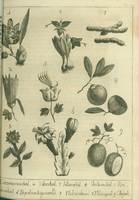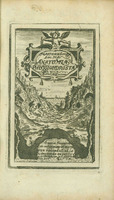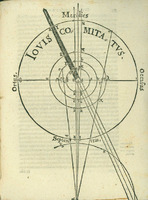Browse Exhibits (1 total)
Jesuits and the Sciences 1540-1999




A remarkable characteristic of the Society of Jesus during the period of its first founding (1540-1773) was the involvement of its members in the sciences. The reasons for this interest in scientific study can be found in the nature and mission of the order itself. Saint Ignatius Loyola considered the acquisition of knowledge and the performance of mundane labor as spiritually profitable tasks, and this fostered in the Society an action-oriented, utilitarian mentality sympathetic to scientific study. In addition the role of the Society as the "schoolmasters of Europe" meant that the pedagogically (and scientifically) useful principles of rationality, method, and efficiency were highly valued. The tight-knit organization of the Society created among its members habits of cooperation and communication, essential for the gathering and exchange of scientific information. Finally, mission work in Asia and the Americas gave the Jesuits opportunities and impetus to study and record the phenomena of these new worlds.